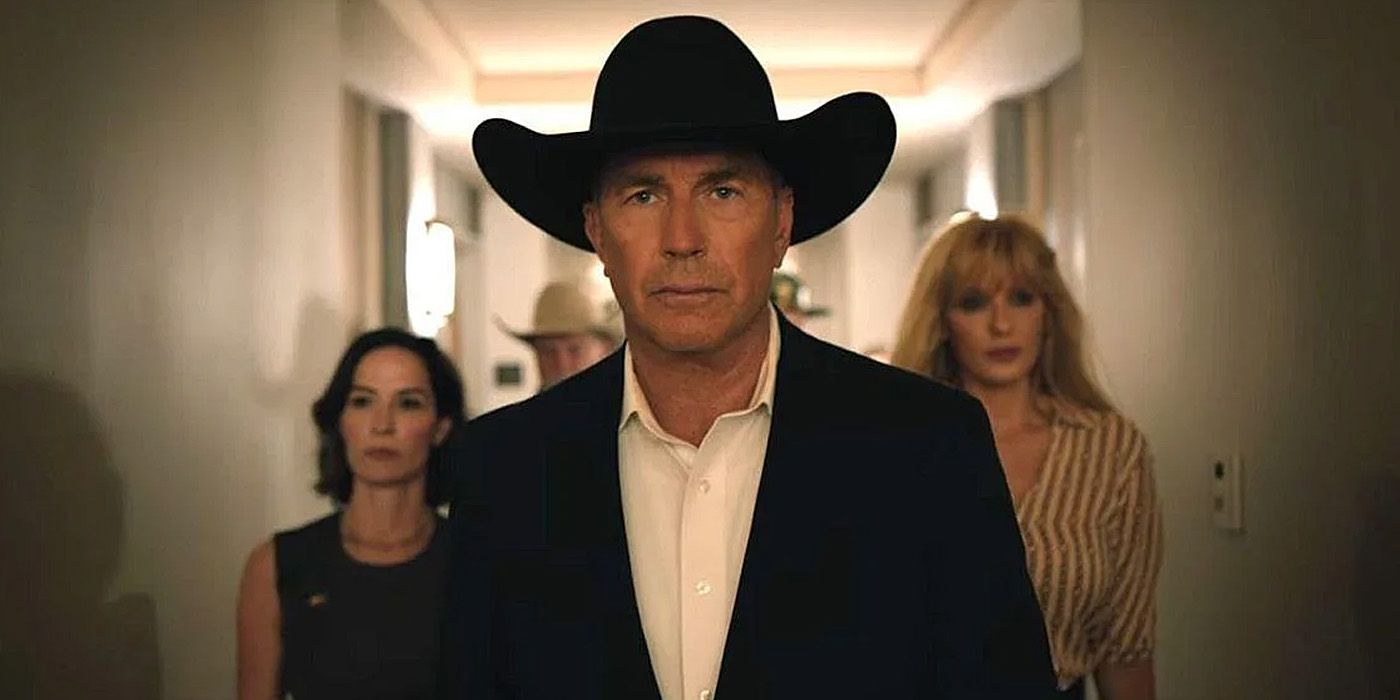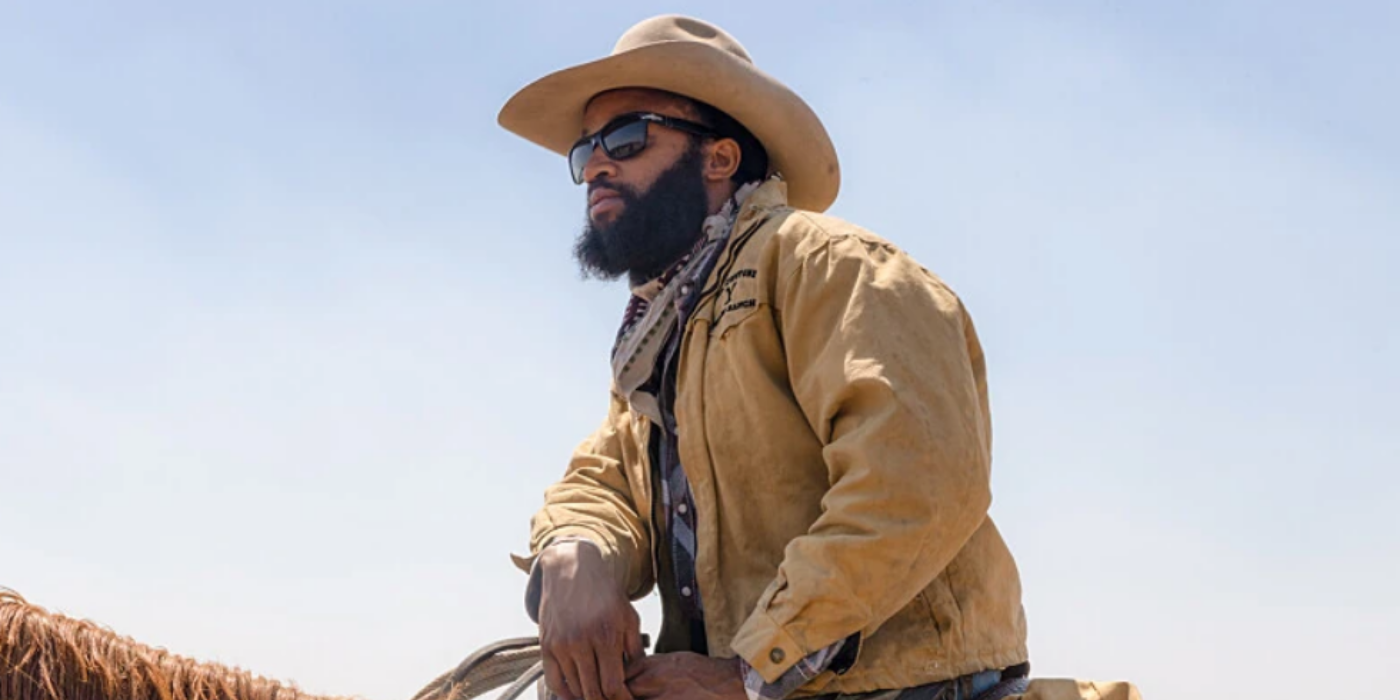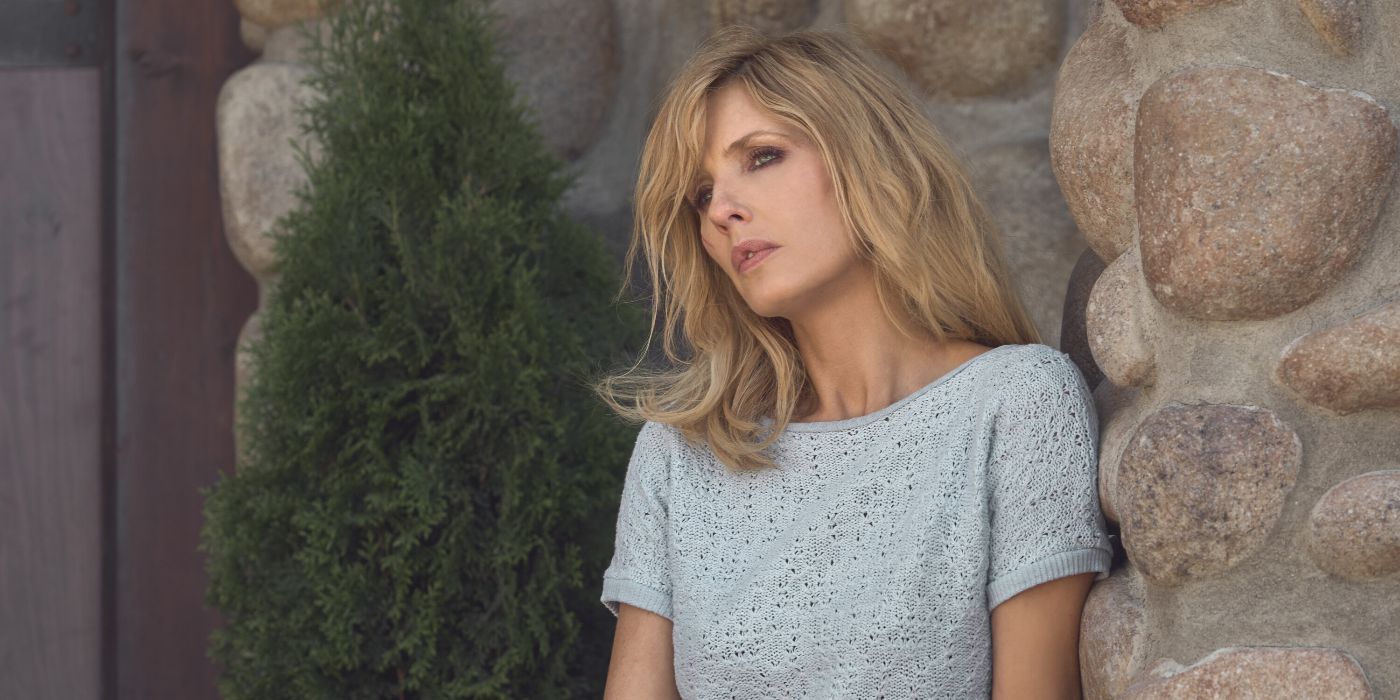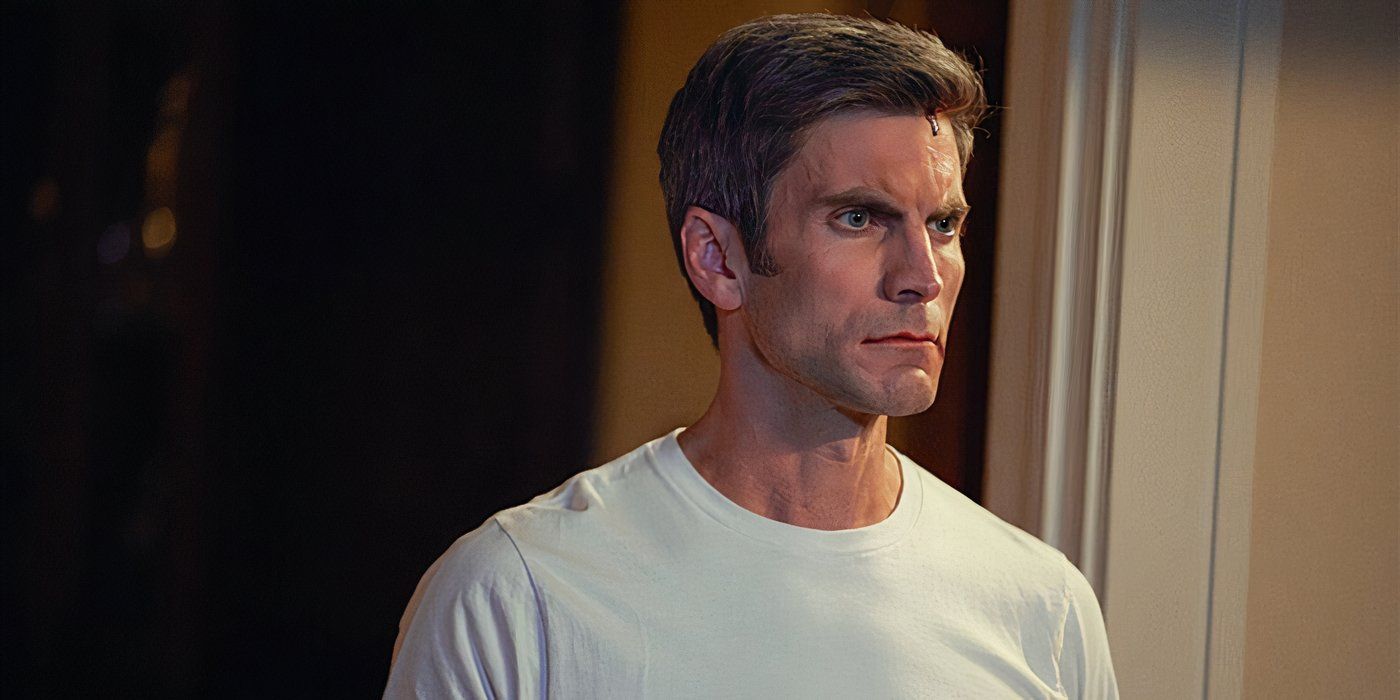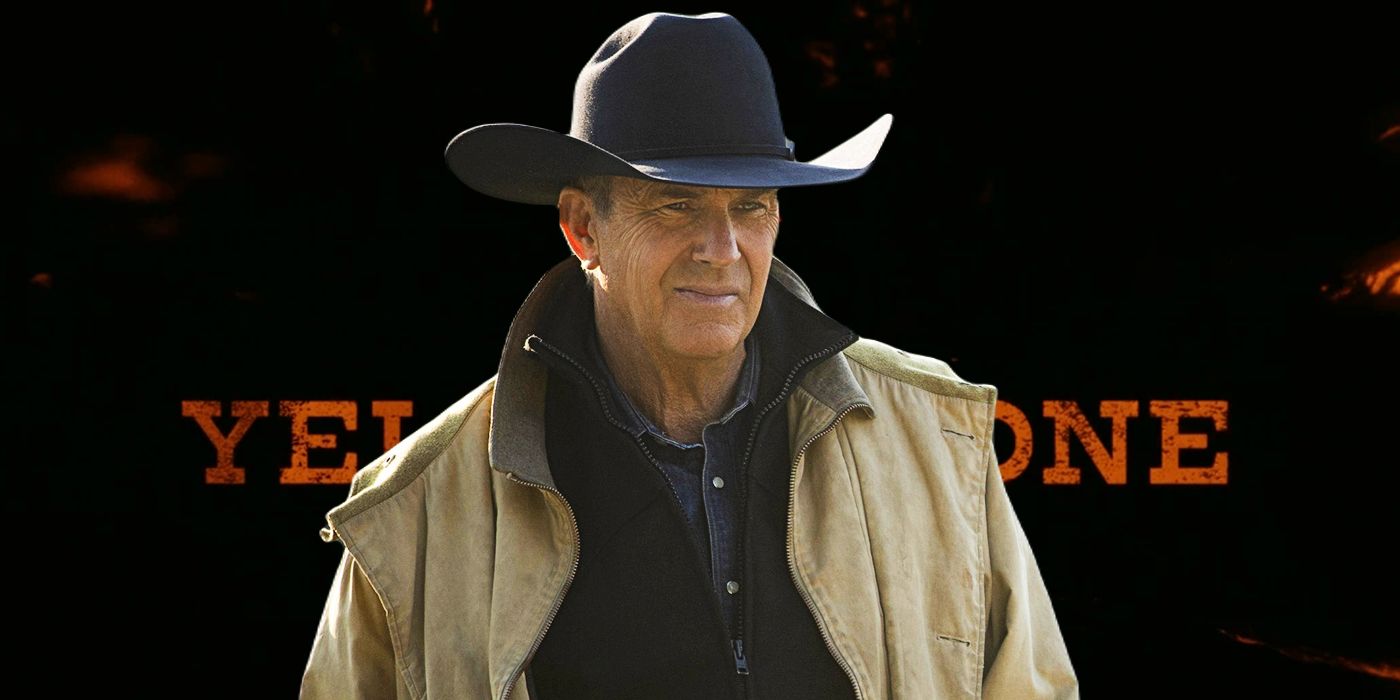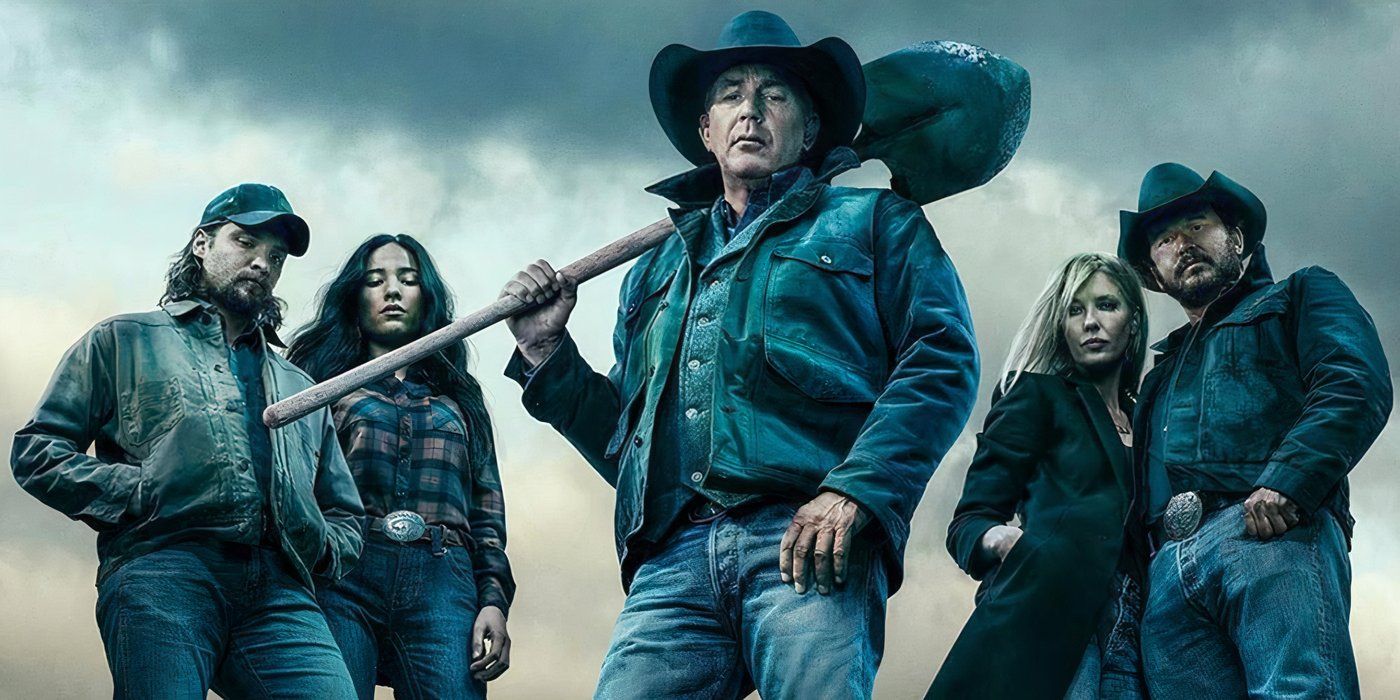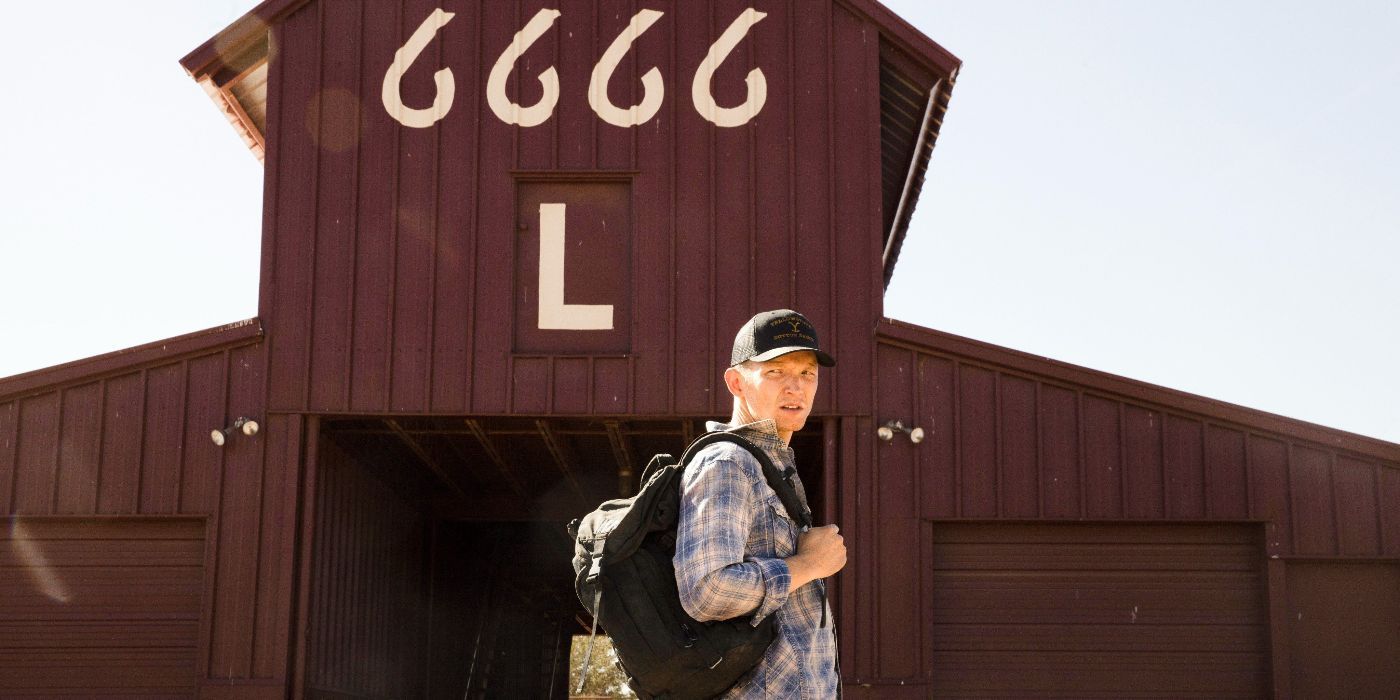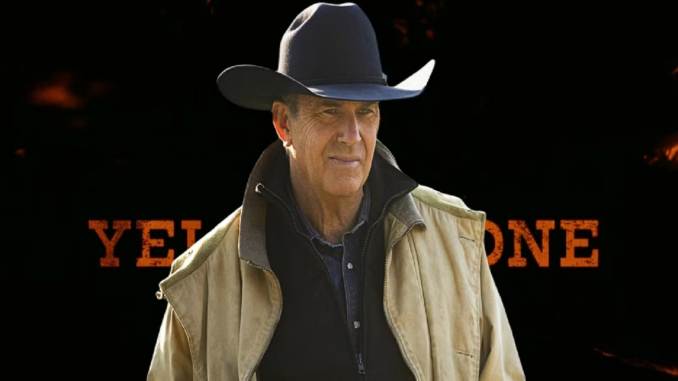
The production problems that plagued Yellowstone‘s run have become a major source of rumors within the industry. The show was at the top of the world, leading the Western genre into the late 2010s and early 2020s. Yet, just as quickly as it exploded into popularity, it fell from grace. Kevin Costner (John Dutton III) would leave the production, forcing an early end to Paramount’s extremely popular flagship show.
The fallout resulted from years of production issues, and the rumors largely involved Costner and the show’s creator, Taylor Sheridan. Sheridan was best known as a writer, creator, and former actor, and his shared arguments with Costner reportedly led to some delays, on-set arguments, and an uncomfortable on-set environment. These issues did not start late, however. The roots of the problems came as early as a controversial Yellowstone storyline in season 2.
Sheridan and Costner Created an Empire
Yellowstone Became a Media Sensation
Before their conflict began, Sheridan and Costner made a surprisingly good team. Costner, who was well-known for his roles in Dancing with Wolves (1990), Field of Dreams (1989), and Man of Steel (2013), had only ever starred in one show before signing onto Yellowstone. When it was announced that he was involved as the leading man, John Dutton III, he helped to bring considerable attention to Paramount’s flagship show. Initially, he planned to remain involved for just one season. After it became a breakout success, he agreed to two more. The success only continued, sparking another two seasons with Costner involved.
It is hard to deny just how successful Yellowstone was. While John Dutton eventually met a disappointing fate, the show has thrived. It regularly drew over 10 million viewers for each premiere, and it earned immense critical renown. Costner won a Golden Globe for Best Performance by an Actor in a Television Series – Drama, and regular critics and audiences also loved the show. It maintains an 83% Tomatometer score on Rotten Tomatoes. Audiences granted the show a 76% Popcornmeter score, and most seasons saw immense success:
| Yellowstone | Tomatometer Score | Popcornmeter Score |
|---|---|---|
| Season 1 | 58% | 83% |
| Season 2 | 89% | 90% |
| Season 3 | 100% | 87% |
| Season 4 | 91% | 82% |
| Season 5 | 79% | 40% |
Only season 5 ever saw its audience score dip below 80%, which is partially attributable to Costner’s eventual exit. Outside of that, general audiences loved the show. Though it did feature a gradual — then extremely sharp — decline before season 5, it was generally respected. The early seasons may have initially alienated critics, but it is hard to deny that it found its niche quickly. Unfortunately, there were behind-the-scenes issues that would damn the show.
Sheridan and Costner Quickly Devolved Into Arguments
The Two Could Not Agree About John Dutton III’s Nature
After Yellowstone became Paramount’s breakout success, it should have continued indefinitely. Unfortunately, Sheridan and Costner quickly began to clash. Even when Yellowstone season 2 was in development, the two repeatedly faced ongoing conflicts. In particular, they argued relentlessly about a major storyline: Tate’s kidnapping. With the Beck brothers moving against the Duttons in a misplaced attempt to prevent Rainwater (Gil Birmingham)’s casino, John was forced to take the fight to them. He and Kayce tortured and killed their enemies, faced off against white supremacists, and rescued Tate as quickly as they could. It was a sign of their slipping sense of control and influence over Montana, but it was also a massive change to John’s character.
In particular, the two struggled when facing the question of John Dutton III’s true nature. Sheridan believed that he was a character who could do anything to protect his family, while Costner instead sought to see an old man losing his grip on “the times“. Season 2 focused on John’s dark side, while Costner instead intended to his slipping economic and familial control. In essence, Sheridan told The Hollywood Reporter that Costner did not intend to see John become such a brutal killer:
There was a time in season two when he was very upset and said the character wasn’t going in the direction he wanted. I said, ‘Kevin, you do remember that I told you this is essentially The Godfather on the largest ranch in Montana? Are you that surprised that the Godfather is killing people?’ What he’s clung to is [Dutton’s] commitments to his family and way of life. Dutton’s big failing is not evolving with the times — not finding different revenue streams [for the ranch]. Kevin felt season two was deviating from that, and I don’t know that he was wrong. In season three, we steered back into it. And I recall him winning a Golden Globe last year for his performance, so I think it’s working.”
Sheridan Was Right About John Dutton
The Changes Made Him a Better Character
Even despite Sheridan relenting to say that Costner was not altogether wrong, his decision to see a more hands-on John Dutton was the right one. Every member of the Dutton family is a deeply flawed character. They all occasionally delve into the more unsavory side of the business world, which is exactly why they are so terrifying. As long as it means preserving their way of life, achieving vengeance, or profiting, they are even willing to turn on one another at times. With John outright trying to save Tate from vengeful kidnappers, it is no surprise that he would launch a deadly attack on his enemies. If the show truly did want to be The Godfather on the small screen, then controversial decisions like that were fairly inevitable. John could not always play a hero.
John was never the perfect grandfather, but season 2 saw him in a position that forced him to reckon with the legacy he built for himself.
The battle did not stop John from remaining a compelling patriarch, nor did it take the nuance away from the show. It is not atypical for a man to resort to violence to save those he loves, and it does not make John unbelievable or unrealistic. It would be more unrealistic if he simply sat back, shrugged, and sent others to do his dirty work. John was never the perfect grandfather, but season 2 saw him in a position that forced him to reckon with the legacy he built for himself. As controversial as it remains, the plotline was important for John’s development and Kayce’s. Without it, John simply would not have been as compelling, and his struggle to remain a balanced patriarch would have fallen flat.
The Growing Feud Prematurely Ended Yellowstone
But The Franchise Is Not Dead
Disagreements between Costner and the Yellowstone producers would eventually lead to a premature conclusion. The creative differences do not appear to have been the most significant issue, but they likely did play a role in his exit. Costner, who was deep in the development of his passion project, Horizon: An American Saga, struggled to find time to fit into the show’s filming schedule. With limited time to work on his franchise and with mounting creative differences, he eventually chose to leave the franchise altogether.
The creator was right to stand by his work, but it is extremely disappointing to see the growing production concerns causing the end of Yellowstone.
Sheridan has repeatedly emphasized that he does not hold a grudge against Costner. In the THR interview, he described that his opinion of Costner “as an actor” remains unaltered and that he has “never had an issue with Kevin that he and [Sheridan] couldn’t work out on the phone.” While he stated that he was “disappointed“, as “it truncates the closure of his character“, Sheridan has stood by his response to Costner’s exit. Still, Costner’s exit meant the show needed to end years before Sheridan originally planned. The creator was right to stand by his work, but it is extremely disappointing to see the growing production concerns causing the end of Yellowstone. More spin-offs are undoubtedly on the way, but none are likely to match the original show’s allure. As fun as it was, however, the feud made it unsustainable.
